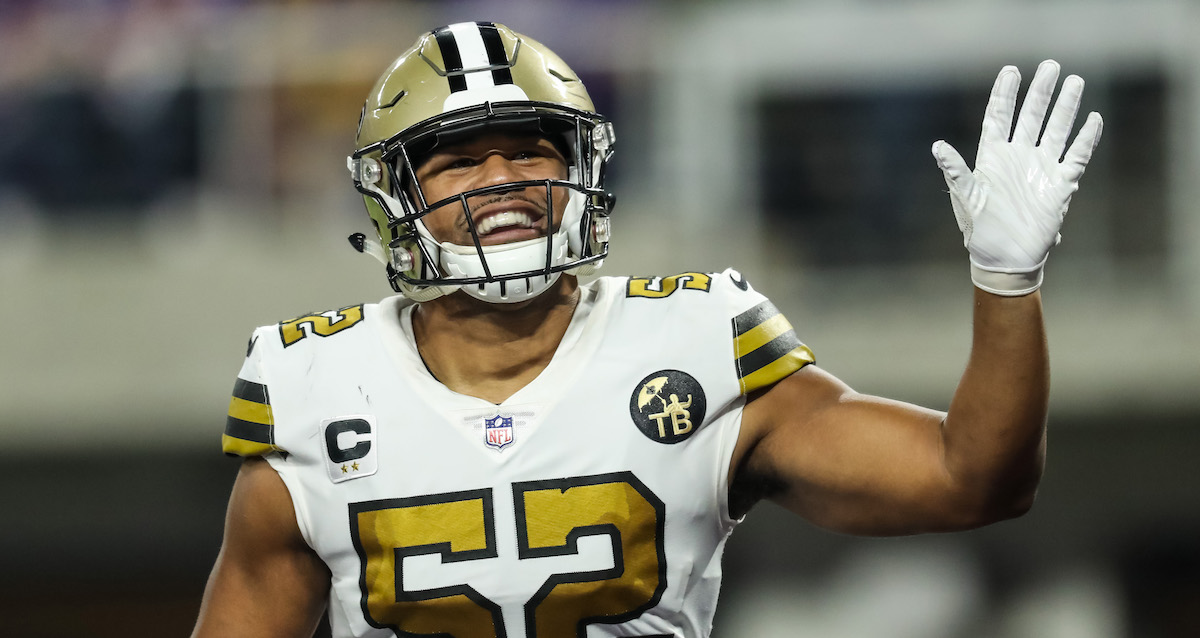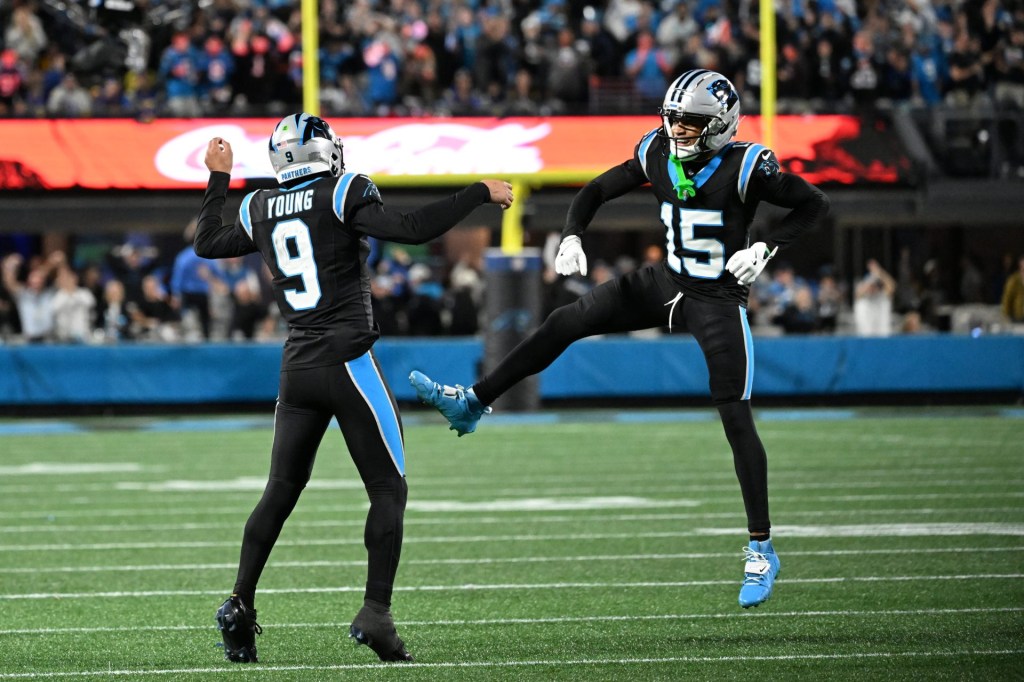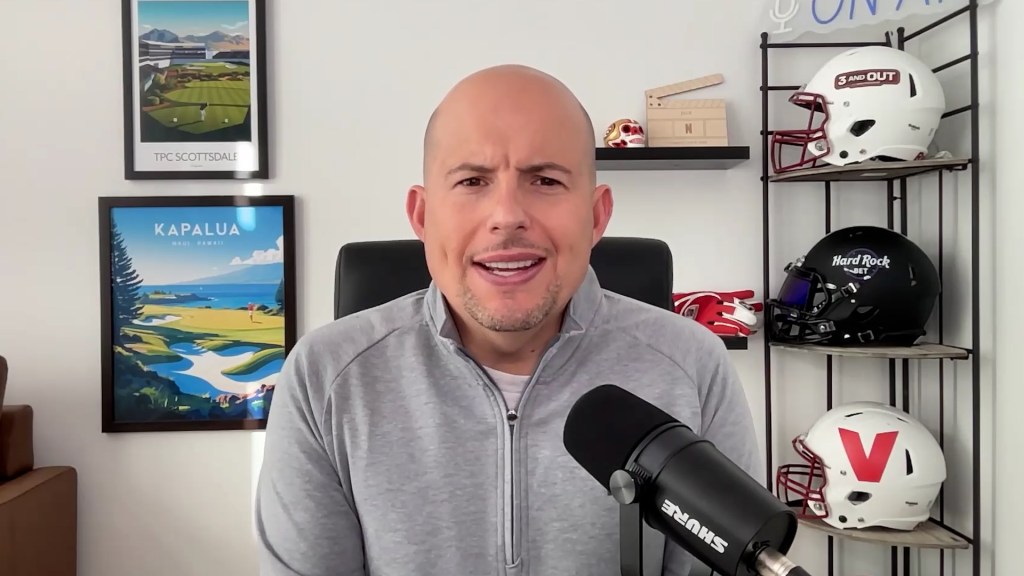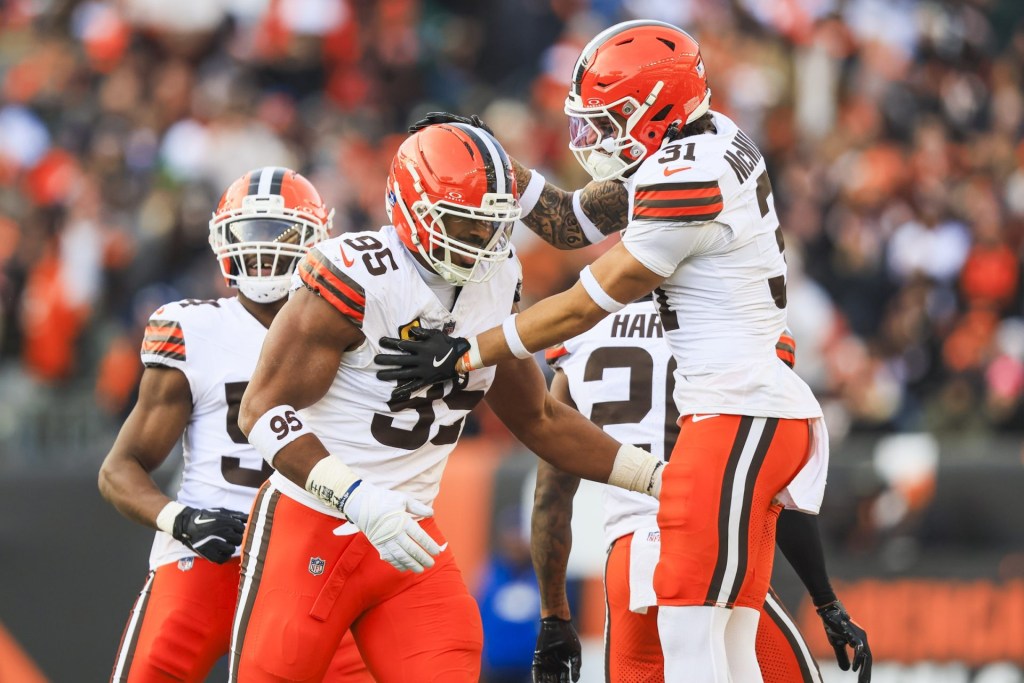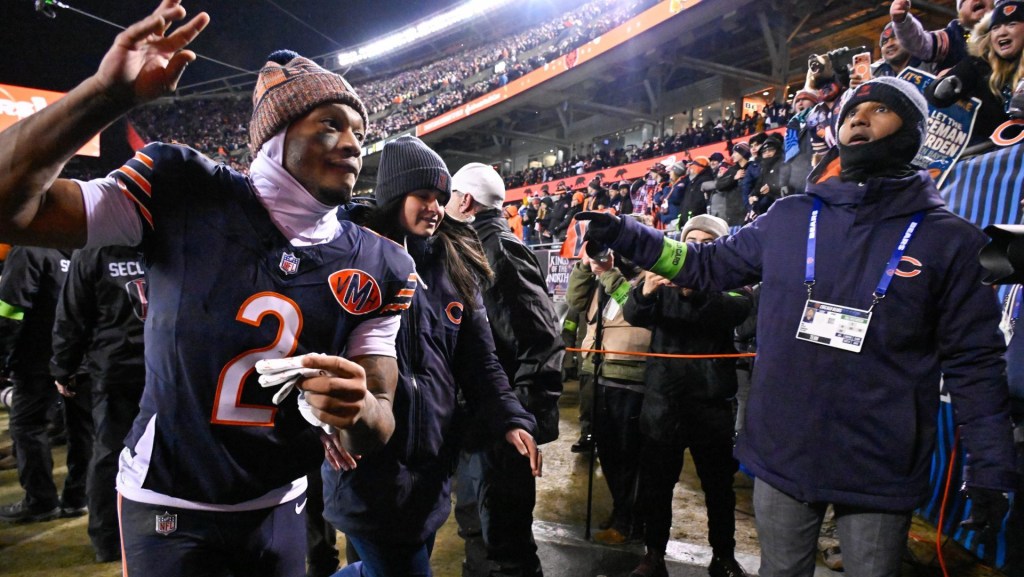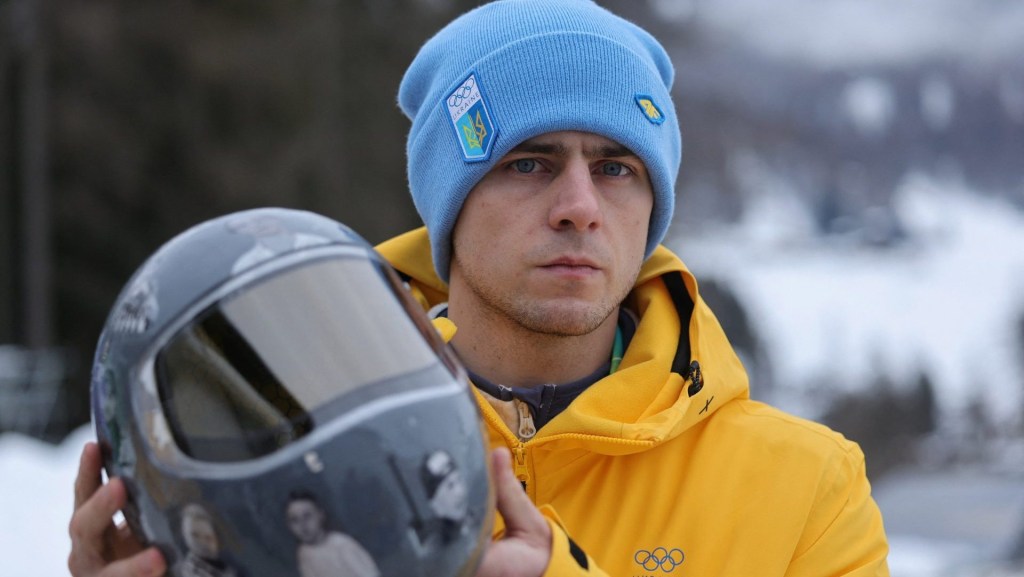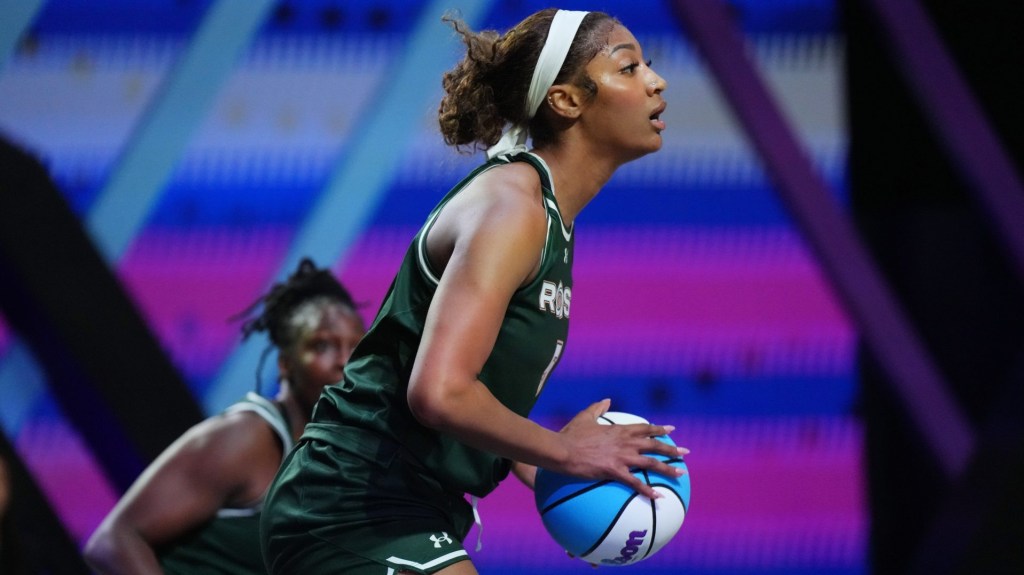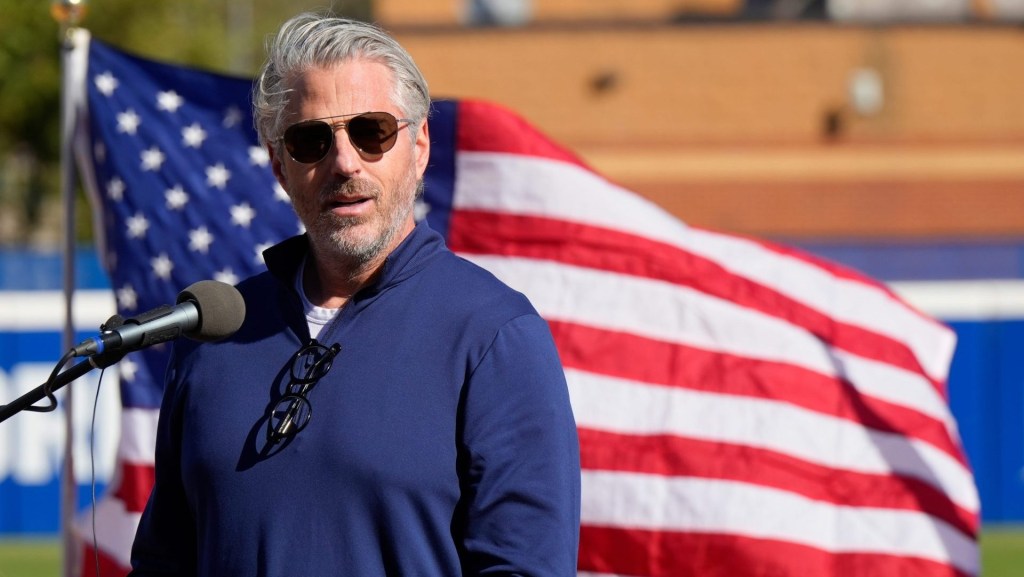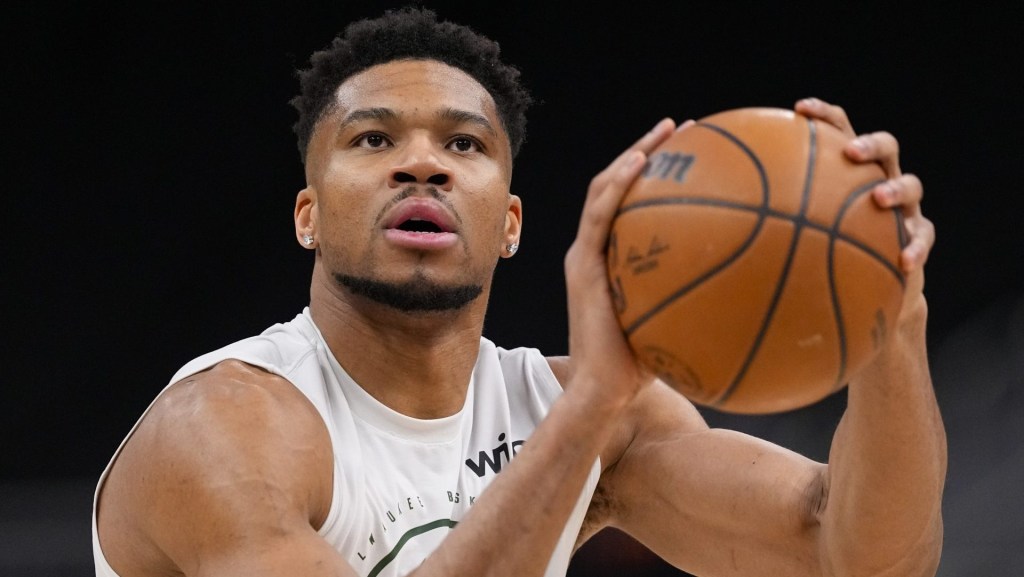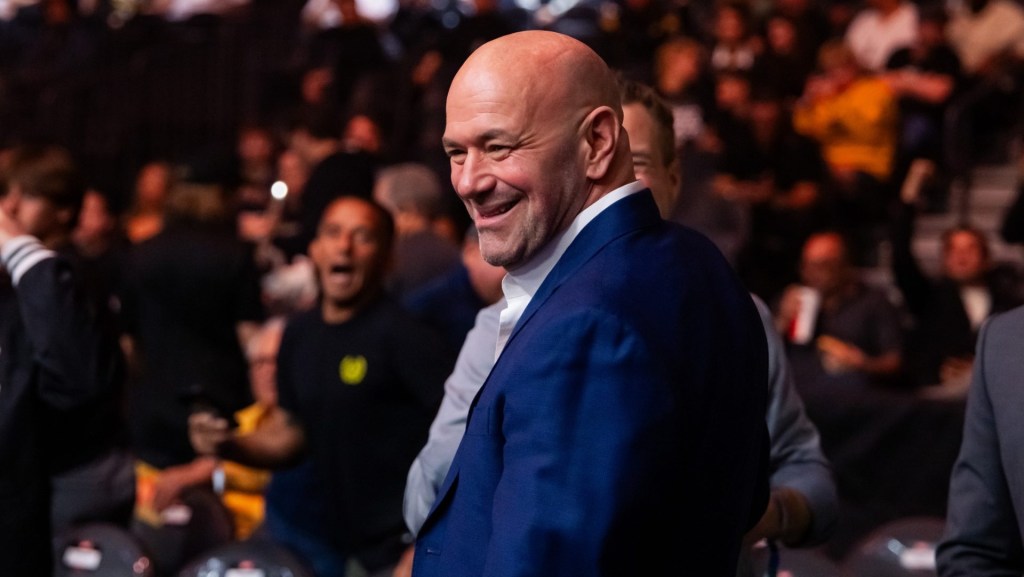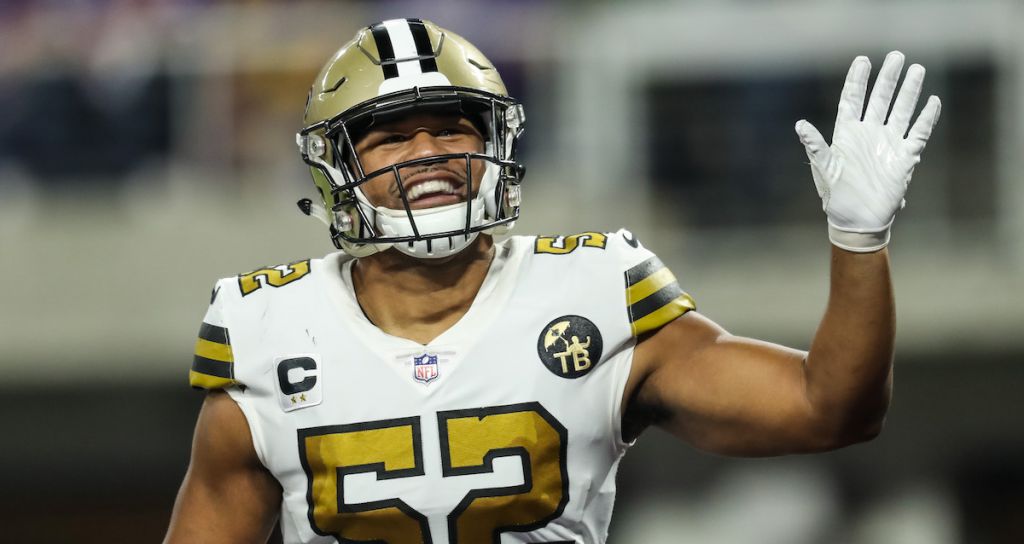
It’s no secret athletes in recent years have expanded their business and investment dealings, helping shift a narrative of athletes going broke post-playing career.
For Craig Robertson, the New Orleans Saints linebacker and captain, he is able to pinpoint a moment it hit for him: the 30 For 30 documentary “Broke,” which highlighted the ways athletes ended up penniless.
“When that came out, it started a wave of younger guys focused on not going broke, and it continues with everyone else,” Robertson said. “It was, ‘OK, we can’t do what this guy did,’ and gave everyone a blueprint of what to do.”
That documentary came out in 2012, the same as his first full year in the NFL after going undrafted in 2011.
“As players, we talk about all the time about setting stuff down for generations to come,” he said. “It’s not just about my current money from playing, but to make money for my kids, grandkids. That’s what I’m setting up.”
Last year, Robertson started his company, LWC Oil Services, in the oil fields of West Texas. Now with nine trucks hauling fracking sand – a critical duty in the industry – Robertson said the company is truly for his children – Lexi, William, and Chloe.
Much of the credit Robertson gives goes to the NFLPA and its classes and mentorship programs to help players think beyond their contract years. He said it has also been helpful to hear from long-time NFL players like Adam ‘Pac-Man’ Jones and Terrell Owens speak to their issues at symposiums.
Robertson can maintain the day-to-day business operations of the trucking company thanks to a friend and college teammate who’s on the ground in Odessa, Texas, running the logistics. The trust of his friend allowed him to start the company, an idea of which he’d heard at a wedding, after sitting on it for about a year.
Robertson credits Marcos Jacobo and 3N Oil Services with the model of the owner-operator program in which he pays a percentage of the load fee from each load.
“At the end of the day, nothing is free, you have to pay for it,” he said.
As it’s now set up though, allowing Robertson to still concentrate on his main career of football, and LWC Oil Services is “rolling,” it is ultimately what he’ll focus on as a career when he hangs up the cleats.
“At the latter end of a career, you want to find something you’re passionate about and to keep your time,” he said. “Since I was a kid, football has had my time. Sports were always something you have to rely on. Knowing it can come to an end soon, I want to have something ready.”
Robertson’s realization his career won’t last forever is not unique and a major reason more athletes are beginning second careers while still playing, said Waylon Chin, co-founder of First Serve Partners.
“Athletes more and more are realizing there is a finite amount of time they do what they do at the highest level,” Chin said. “If you’re retired from your first and primary career in your late 20s, you need something to build and grow and capitalize on what they’ve already built.
While Robertson we keep a focus on the trucking company, he also has another aspiration that will keep him close to family, a key factor as he spends so much time away from them now as an athlete. He still wants to be close to football, but with no desire to coach, he’s looking at becoming a referee.
“It’s a way to be around the game and still help benefit the league,” he said. “I feel like there’s a lot of refs in the business that have been around a long time and a couple of years from now, they might need a new wave.
READ MORE: Rice-A-Roni Connects With Jerry Rice In Natural Partnership
“Having former players would be huge because they’re not learning the game, they know how it’s played nowadays with everything called so tight. It can better the game.”
Beyond fellow former athletes, Robertson said he and many other athletes are focused on generational wealth in part because of late rapper Nipsey Hussle, who advocated for helping set up long-term wealth. Robertson said because of all the recent focus, there’s a change in the tides of how athletes view their growing contracts, but still more can be done.
“If we had everyone in line with options to invest a little more and understand it’s a marathon, not a sprint,” Roberston said. “There needs to be something that keeps you going and you have to pace yourself for life and passing it on.”
